Fiscal Policy and the Collection of Overdue Receivables
The National Agency for the Management of Seized Assets is an institution that will manage the assets obtained illegally by Romanian citizens.

Bogdan Matei, 28.05.2015, 14:46
A new institution is soon to be established in Romania, whose main responsibility will be to sanction corruption. On Wednesday, the Government passed the draft law on the setting up of the National Agency for the Management of Seized Assets, which will be subordinated to the Ministry of Justice. The new institutions main responsibilities will include tracking and identifying assets obtained illegally, as well as the management and the subsequent use of such goods.
Currently, the seized assets are managed by criminal prosecution bodies, which have neither the budget nor the necessary logistics to do that. In drafting the new bill, which will be submitted to Parliament for debate and endorsement, the Romanian Justice Ministry held consultations with experts from Belgium, France and the Netherlands, during working visits organized by the European Commission.
The Agency will be headed by a General Director and will initially have 35 employees, who will actually become the managers of some fabulous assets, accumulated through stealing. Last year alone, the total value of the assets seized by the police and the Prosecutors Offices stood at half a billion Euros. That accounted for only 14% of the total value of the accounts, painting collections, houses, lands, forests or vehicle fleets subject to seizing.
With just a minimum share of this, says Laura Codruta Kovesi, the head of the National Anti-Corruption Directorate, all physicians in Romania could be paid for an entire year. She has stated that the Romanian justice system can reach its targets in the fight against corruption only if the assets obtained illegally by individuals sentenced to prison are seized. In the past three years, dozens of ministers, MPs, county council presidents, mayors, business people and other high-ranking officials have been charged for corruption and sentenced to prison.
The emergence of the new agency denies the philosophy which a part of the population shares, namely that the corrupt politicians steal, are sent to prison for just a few years, where they manage to solve some medical issues, such as high-cholesterol or high blood sugar, then they get out and, together with their families, start enjoying the benefits generated by what they stole.
The situation as it is now is even more unfair as this is a country where a large number of families are driven to the brink of bankruptcy, not because they have broken the law, but because, in the aftermath of the economic crisis, they are no longer able to pay back their bank loans. Seizing the assets obtained illegally has both a moral and a pragmatic side to it, because, as experts keep repeating, the effects of corruption translate into hospitals without the necessary equipment, schools that have not been refurbished for decades and highways that have not been built.






























